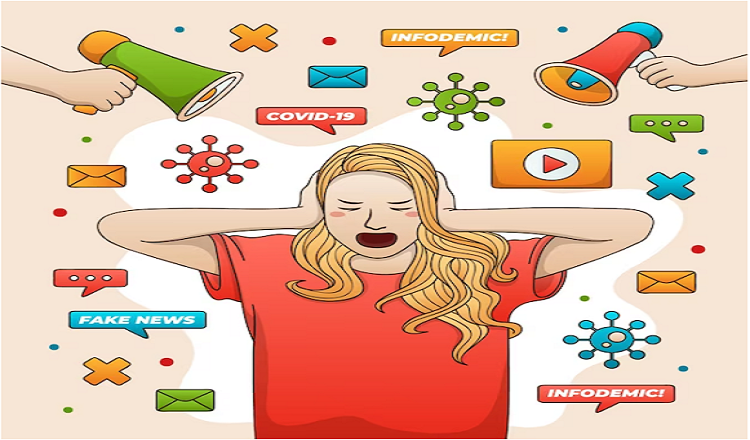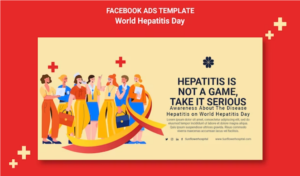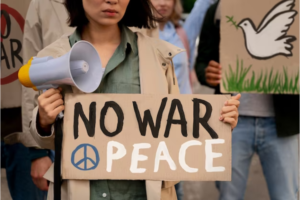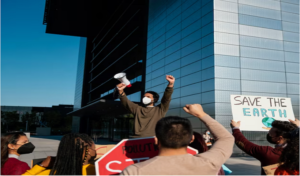Conflict and Disease Outbreaks: The Interplay Between Social Factors

Introduction:
How social factors affect war and the spread of disease
In the past few years, there have been more wars and disease attacks around the world. These problems are caused by many things, including political, economic, and natural ones. But social factors play a big part in making conflicts and diseases happen and making them worse. This study looks at how social factors, conflict, and disease outbreaks all affect each other. It focuses on how poverty, displacement, and social inequality affect disease outbreaks.
Poverty and war: A cycle of bad things
Poverty is one of the most important social factors that leads to wars and disease spreads. Poverty is a major cause of social problems and unrest in many countries because it leads to unequal access to resources and chances. Access to health care and clean water is often limited in poor areas, which makes them vulnerable to disease outbreaks. Also, poverty makes it easier for people to get into fights because they have to use violence to get things like food and water.
Diseases are more likely to spread when people are poor.
In many ways, poverty can also cause disease to spread. Cholera and typhoid can spread quickly in places where there isn’t enough clean water, sanitation, or basic cleanliness. People who don’t eat well and have weak immune systems are more likely to get sick. Also, being poor can make people do dangerous things like have sex without protection or use drugs, which can lead to STDs like HIV/AIDS.
When people move, infectious diseases can spread.
Moving is another social factor that makes it easier for infectious diseases to spread. When refugees, migrants, and “internally displaced persons” (IDPs) move, temporary shelters are often too crowded, have bad food, and don’t have enough bathrooms. There is a higher chance of disease outbreaks in these situations because people don’t have access to health care services and are in close quarters.
The Role of Displacement in Conflict
Displacement and strife often go hand in hand with each other. Conflicts can cause people to move, which can start a circle of violence and moving. Also, natural disasters can cause people to move. This puts them in dangerous situations where they can’t get the things they need and makes them more likely to get into fights or get sick.Inequalities in society and differences in health
Social inequality can also make it easier for diseases to spread and for wars to start. Discrimination based on race, gender, sexuality, and socioeconomic position is a major cause of social inequality in many societies. People may not be able to get access to important services like health care, schooling, and jobs because of this discrimination, which can lead to different health outcomes. Also, social inequality can lead to anger, which can lead to conflict and social dislocation.
The Link Between Social Inequalities and Conflict
Social inequality can also keep disputes going by dividing people and making them angry at each other. For example, discrimination based on race or religion can lead to bloodshed and force minorities to move. Also, social inequality often leads to unequal access to economic chances and resources, which makes some groups more likely to be poor and move from one place to another.
Conclusion:
Why it’s important to look at social factors when trying to stop wars and diseases
In conclusion, social factors have a big impact on battles and disease outbreaks and make them worse. Getting rid of social inequality, poverty, and forced migration can help stop or lessen the effects of wars and epidemics. To do this, governments, international organisations, and communities need to work together to find solutions that support equality, access to basic needs, and social cohesion. We can make the world safer and better for everyone if we deal with social issues.
Read More You May Like:
- Analyzing the Economic Cost of Public Health Emergencies
- Understanding Pandemics and the Impact on Society
- The Role of Vaccination in Preventing Epidemics
- The Psychological Impact of Health Emergencies on Individuals and Communities
- The Importance of International Cooperation and Collaboration Against Global Health Threats








